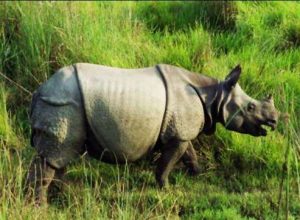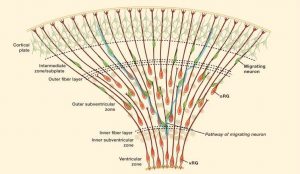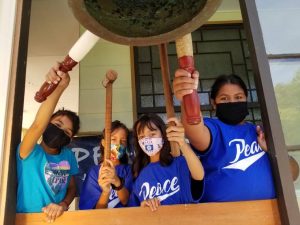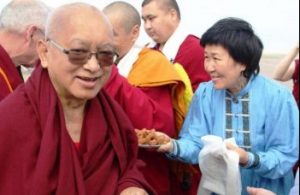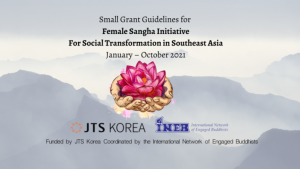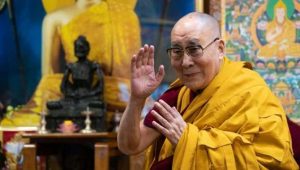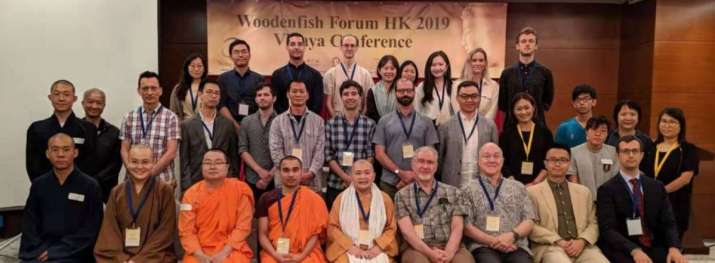
The Woodenfish Foundation’s Venerable Yifa visited Hong Kong to oversee a conference on the Buddhist monastic code, or Vinaya from 22–24 June. The event brought together lay and monastic scholars from around the world to discuss historical and contemporary aspects of monastic life. Some 25 speakers gathered at Hong Kong’s Gold Coast Hotel to cover topics in Theravada, Mahayana, and Vajrayana Buddhist monastic life over the three-day event.
Ven. Yifa began the conference by sharing the history of her efforts to bring scholars from around the world to China. She further described her own academic background, which served as the basis for the conference: “When I was in college, before I was a nun, I attended National Taiwan University in the Law Department. After I shaved my head, I said ‘now I don’t study secular law, I just want to study canon law.’ So when I went to Yale, I picked up the topic of the Vinaya, or precepts in the monastic code. My dissertation was published as the Origins of Buddhist Monastic Codes in China.” (University of Hawaii Press 2002)
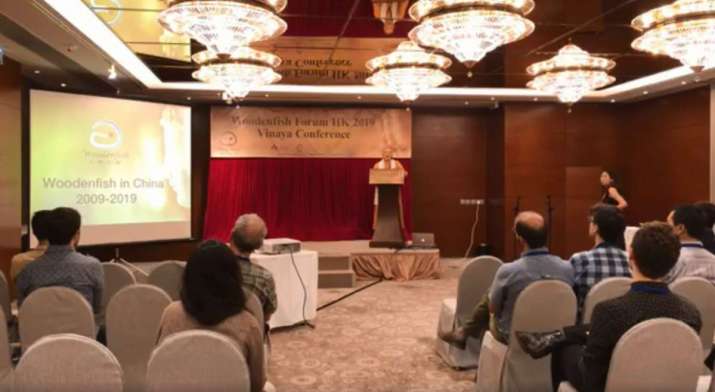
Paul Groner, professor emeritus at the University of Virginia, followed with a broad history discussing the role and significance of monastic codes. Importantly, he noted, while the codes have in a sense been fixed, customs over time and in different places have led to many different ways in which Buddhist monastics have observed the various codes. To illustrate this, he gave the example of meals, which for many monastics should be eaten before midday. At this conference, however, they were scheduled to begin at noon. What is a monastic to do? Second, the question was circulated to attendees: vegetarian or non-vegetarian. Followers of the Vinaya have no need to be strongly vegetarian. Those who follow the bodhisattva vows, however, tend to regard vegetarianism as necessary.
Prof. Groner also gave the conference’s keynote address, focusing on 13th century Japanese debates over rules and conduct for monastics. This was a key period for the formation of Japanese Buddhism, as a number of key figures traveled to China to study and bring back teachings. His address covered problems of “self-ordination” in dreams, the romantic lives of young monks, and occasional heavy drinking, all preserved in the writings of monks of the time.
Matthew Orsborn, who completed his PhD at The University of Hong Kong, delivered a paper surveying the “Triple Platform Ordination in Contemporary Taiwanese Buddhism.” The information was drawn from his own experiences as an ordained monastic in Taiwan’s Fo Guang Shan tradition. Alessandro Poletto of Columbia University spoke on the changing nature of the monastic precepts in early medieval Japan. This was followed by William Bodiford, a professor at the University of California, Los Angeles (UCLA), also discussing early Japanese Buddhism, encouraging further examination of the links between what was happening in Japan and contemporary developments in China. The final presentation of the first day was by Michel Mohr, professor at the Univerisity of Hawai’i, who spoke about notions of purity in Buddhist thought, as seen across several historical traditions.
Days two and three covered visions of Buddhist monasticism in China and Taiwan, including the work of the influencial Chinese monk and Vinaya scholar Daoxuan (596–667). James Butterfield, from the Universtiy of Toronto, spoke about the Mahayana scripture, the Pusa yingluo benyejing (菩薩瓔珞本業經) in medieval East Asia, a text which, he said, “May reflect medieval Mahayana lay practices of self-ordination.” Next, Lin Pei-Ying, a professor at Fu Jen Catholic University in Taiwan, gave a paper titled “Changing Attitudes of Precepts in Modern Taiwan: The Debate between Brahmā’s Net Precepts and Yogācāra Precepts.” Her presentation also discussed the tremendous growth in Buddhist practice under recent Taiwanese Buddhist masters.
Chin Yi Chun (Shi Xiang xing), an ordained nun, spoke next on the “Position of Buddhist Nuns in China and Taiwan.” With richly-detailed slides, she presented on both the history of Mahayana Buddhism supporting nuns in both places as well as the particular differences seen today. Lastly, Liu Cuilan, professor at Emmanuel College in the University of Toronto, gave an online presentation on Buddhist attempts to secure clerical immunity in traditional China.
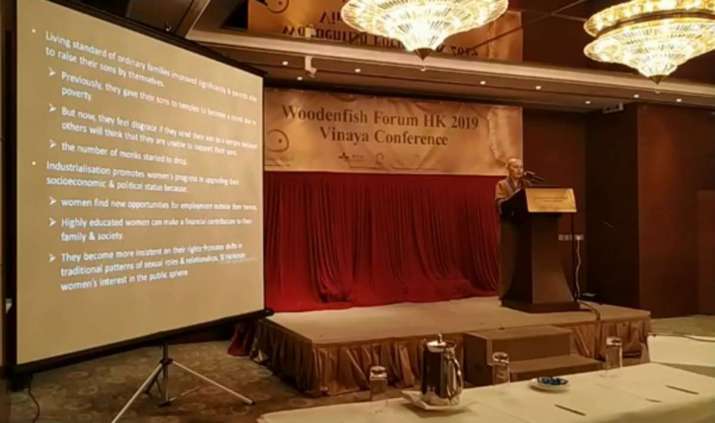
Sangyop Lee from Stanford University spoke next on “Buddhist Monks and Monasticism in Early Medieval China,” emphasising the diversity of experiences among members of the sangha in the time. Tom Newhall, the event organizer and PhD student at UCLA, discussed “Debate, History, and Language: How Medieval Chinese Scholars of the Vinaya Used their Primary Sources.”
Other scholars presenting included Alexander Hsu, Xingyi Wang, Daigengna Duoer, Baatar Erdene-Ochir, Berthe Jansen, Geoff Barstow, Jonathan Feuer, Ven. Nanda Amrita, Dorji Gyeltshen, and Manuel Lopez, with Paul Groner returning to offer closing remarks.
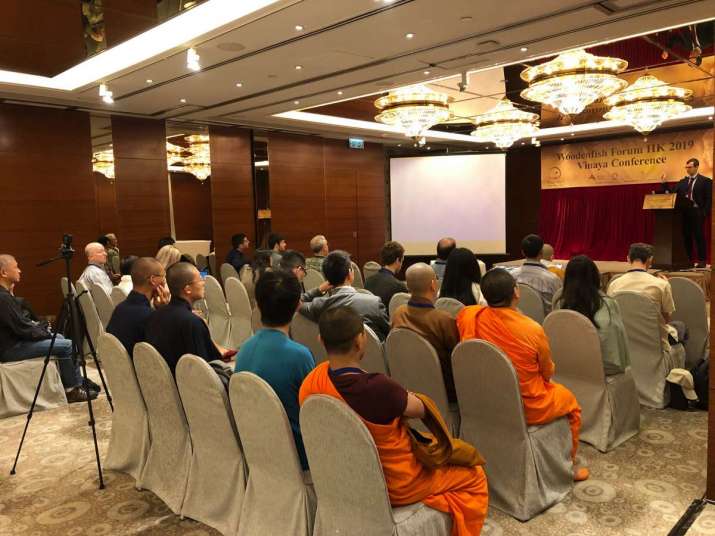
Despite being relatively small, the event offered a remarkable breadth and depth of scholarship focused on monastic rules and the monastic experience in Buddhism. Events like this allow younger scholars not only the opportunity to share their work publicly, but also to meet with fellow students and senior colleagues. Paul Groner, William Bodiford, and Ven. Yifa, all three Yale graduates under the tutilage of the late Stanley Weinstein, acted as an embodied link to prior giants of Buddhist scholarship, while the numerous PhD scholars, organizer Tom Newhall among them, displayed the brilliant future that this area of study will have.
The event also kicked off the launch of Woodenfish Project Hong Kong, the Hong Kong office of the Woodenfish Foundation. The Woodenfish Project, founded by Ven. Yifa in 2002, is a Buddhist institution that promotes a vision of cosmopolitan humanistic Buddhism, scholastic inquiry and collaboration, and contemplative and cross-cultural training for leadership and peace. No immediate plans for a follow-up conference were announced, although the establishment of a Hong Kong branch of Woodenfish bodes well for the organization and for scholars in the region.
See more
Woodenfish Project Hong Kong Videos (Facebook)
Woodenfish Foundation
In Memory of Stanley Weinstein (Yale)






